Introduction
The S&P 500 has fallen 18% from its all-time highs, and pre-market trends indicate further declines, with the index currently trading at $493 per share. Amid this uncertainty, Berkshire Hathaway (BRK.B) remains a favorite among investors, currently priced at $483 per share—down 2% in the pre-market, yet up 18% year-to-date and 150% over the last five years.
With market volatility in full swing, is Berkshire Hathaway a buying opportunity? We analyze its latest financials and apply discounted free cash flow (DCF), comparable company model, and Ben Graham’s intrinsic value formula to assess its valuation.
Berkshire Hathaway’s Financial Performance
Key Metrics:
- Market Cap: ~$1 trillion
- Price-to-Earnings (P/E) Ratio: 12 (below the market average of 25.2)
- Earnings Per Share (EPS): High profitability
- Beta: 0.88 (lower volatility compared to the market)
- Analyst Rating: Buy
- Dividend Status: No dividend payments
Revenue and Profitability:
Berkshire Hathaway has hit record revenue levels, reporting $371.43 billion in trailing twelve-month revenue, with consistent growth over the years.
- Net Income: $89 billion, slightly below all-time highs.
- Free Cash Flow (FCF): $11.62 billion, though declining due to increased CapEx.
- Operating Cash Flow vs. CapEx: CapEx has risen, contributing to lower free cash flow.
Despite maintaining strong financials, Berkshire has not engaged in aggressive share buybacks.
Valuation Analysis
Discounted Free Cash Flow (DCF) Model:
DCF values stocks by estimating future free cash flows and discounting them to present value.
Inputs:
- Projected Revenue Growth: 5.72% annually (aligned with analyst expectations of ~$372-$389 billion future revenue).
- Net Income Margins: 26% (historical average).
- Discount Rate: 8%
Based on these factors, BRK.B’s intrinsic value falls below $200 per share, indicating current market pricing may be overestimated.
Ben Graham’s Intrinsic Value Formula:
Ben Graham’s valuation approach incorporates earnings growth and bond yields.
- AAA Bond Yield: 5.29% (higher rates pressure valuations).
- Expected Growth Rate: 5.72%
Applying Graham’s model places BRK.A’s intrinsic value near $695,000, suggesting BRK.B remains slightly undervalued.
Comparable Company Model:
Berkshire is compared to industry peers, including:
- Markel Corp (MKL)
- Loews Corp (L)
- Brookfield Asset Management (BAM)
Key Comparisons:
- Revenue Growth: Berkshire dominates its competitors.
- Profit Margins: Highest among holding companies.
- Price-to-Sales & Price-to-Book Ratios: Berkshire is cheaper than peers, reinforcing its value.
Additionally, comparing Berkshire Hathaway to tech giants (Microsoft, Apple, and Nvidia) suggests that BRK.B’s valuation, if aligned with these companies, would trade between $600-$900 per share, supporting the undervaluation thesis.
Buffett’s Cash Strategy: A Potential Catalyst?
Warren Buffett has accumulated ~$330 billion in cash and short-term investments, including US Treasuries. Historically, Buffett deploys capital strategically when markets decline, suggesting potential upside if Berkshire begins acquiring undervalued assets.
The current market downturn could be an opportunity for Buffett to leverage Berkshire’s cash reserves, leading to outsized returns when the market rebounds.
Conclusion: Is Berkshire Hathaway a Buy?
All three valuation models indicate Berkshire Hathaway remains a strong long-term investment:
- DCF Model suggests overvaluation, with BRK.B below $200 per share.
- Ben Graham’s Formula supports intrinsic value near $695,000 per share for BRK.A, indicating slight undervaluation.
- Comparable Company Analysis aligns BRK.B’s fair value near $600-$900 per share, reinforcing undervaluation versus peers.
With Buffett holding billions in deployable cash, Berkshire Hathaway could outperform the broader market as strategic acquisitions unfold.
Final Verdict: Berkshire Hathaway is a Buy for long-term investors, with potential upside if Buffett deploys capital efficiently.
https://youtu.be/6tJaf2yu00o?si=6WfOXArSuyJydDpg
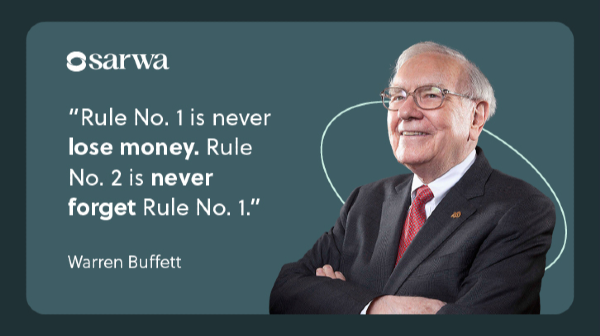


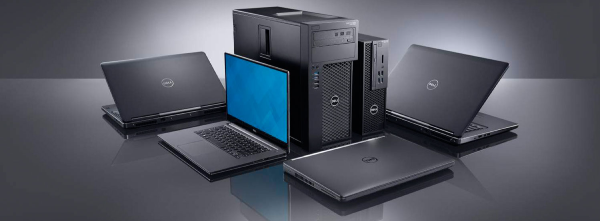


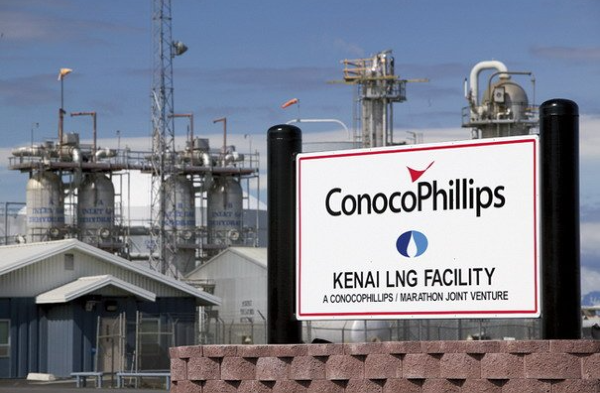

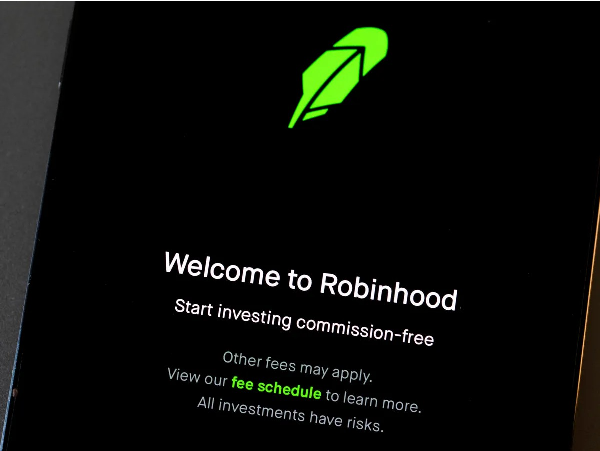
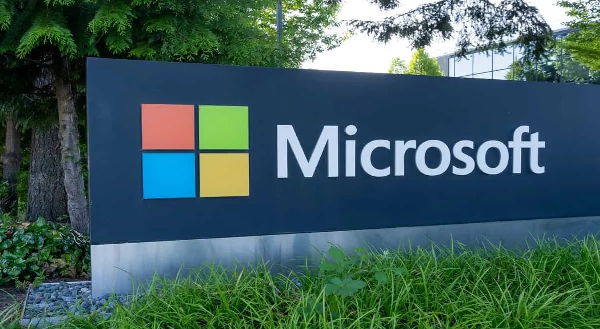

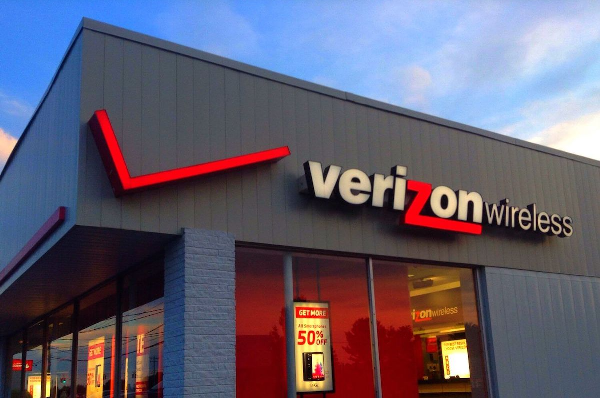
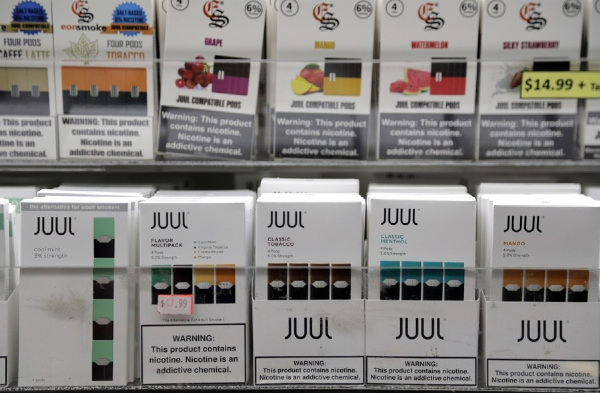
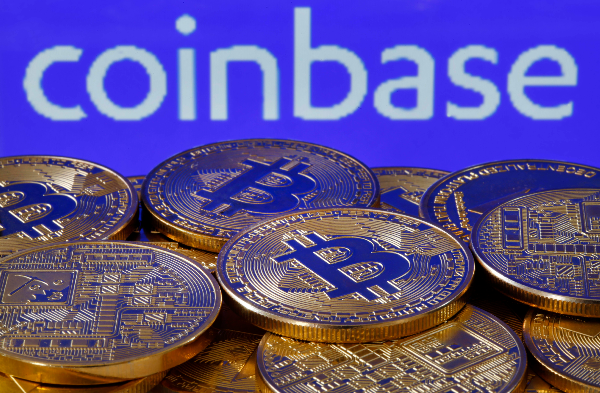
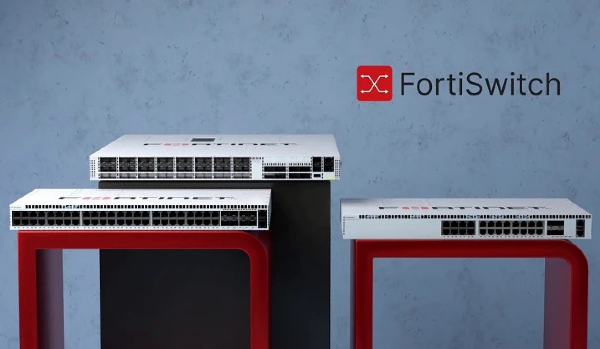
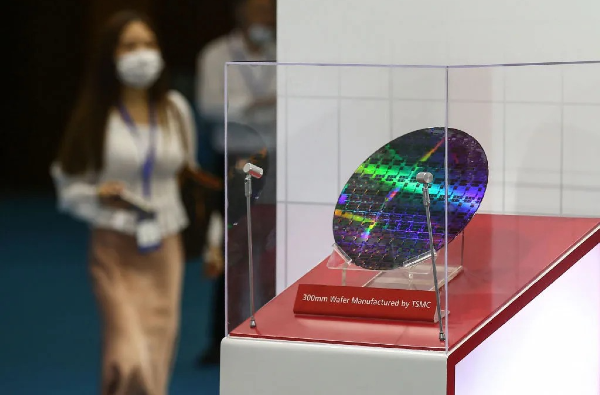
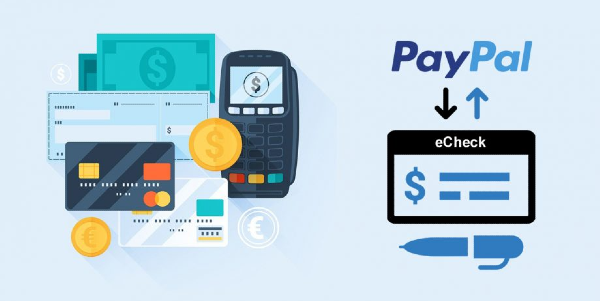


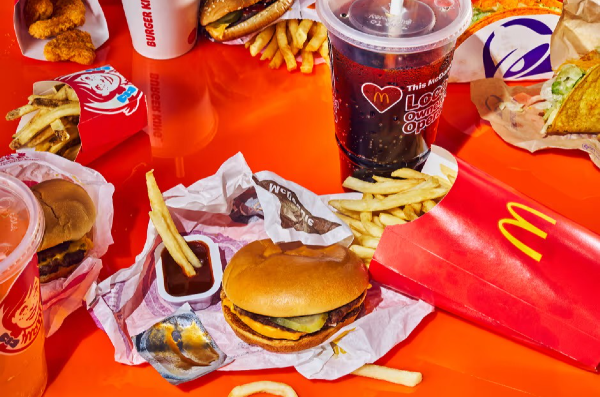

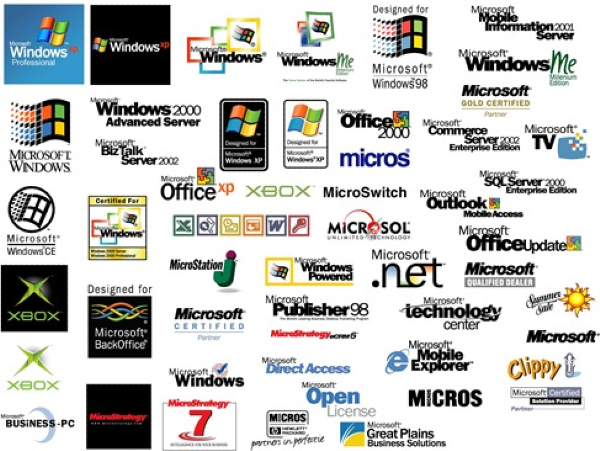
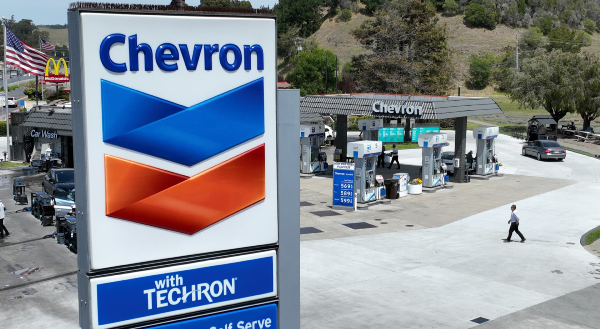
Introduction
The S&P 500 has fallen 18% from its all-time highs, and pre-market trends indicate further declines, with the index currently trading at $493 per share. Amid this uncertainty, Berkshire Hathaway (BRK.B) remains a favorite among investors, currently priced at $483 per share—down 2% in the pre-market, yet up 18% year-to-date and 150% over the last five years.
With market volatility in full swing, is Berkshire Hathaway a buying opportunity? We analyze its latest financials and apply discounted free cash flow (DCF), comparable company model, and Ben Graham’s intrinsic value formula to assess its valuation.
Berkshire Hathaway’s Financial Performance
Key Metrics:
Revenue and Profitability:
Berkshire Hathaway has hit record revenue levels, reporting $371.43 billion in trailing twelve-month revenue, with consistent growth over the years.
Despite maintaining strong financials, Berkshire has not engaged in aggressive share buybacks.
Valuation Analysis
Discounted Free Cash Flow (DCF) Model:
DCF values stocks by estimating future free cash flows and discounting them to present value.
Inputs:
Based on these factors, BRK.B’s intrinsic value falls below $200 per share, indicating current market pricing may be overestimated.
Ben Graham’s Intrinsic Value Formula:
Ben Graham’s valuation approach incorporates earnings growth and bond yields.
Applying Graham’s model places BRK.A’s intrinsic value near $695,000, suggesting BRK.B remains slightly undervalued.
Comparable Company Model:
Berkshire is compared to industry peers, including:
Key Comparisons:
Additionally, comparing Berkshire Hathaway to tech giants (Microsoft, Apple, and Nvidia) suggests that BRK.B’s valuation, if aligned with these companies, would trade between $600-$900 per share, supporting the undervaluation thesis.
Buffett’s Cash Strategy: A Potential Catalyst?
Warren Buffett has accumulated ~$330 billion in cash and short-term investments, including US Treasuries. Historically, Buffett deploys capital strategically when markets decline, suggesting potential upside if Berkshire begins acquiring undervalued assets.
The current market downturn could be an opportunity for Buffett to leverage Berkshire’s cash reserves, leading to outsized returns when the market rebounds.
Conclusion: Is Berkshire Hathaway a Buy?
All three valuation models indicate Berkshire Hathaway remains a strong long-term investment:
With Buffett holding billions in deployable cash, Berkshire Hathaway could outperform the broader market as strategic acquisitions unfold.
Final Verdict: Berkshire Hathaway is a Buy for long-term investors, with potential upside if Buffett deploys capital efficiently.
https://youtu.be/6tJaf2yu00o?si=6WfOXArSuyJydDpg